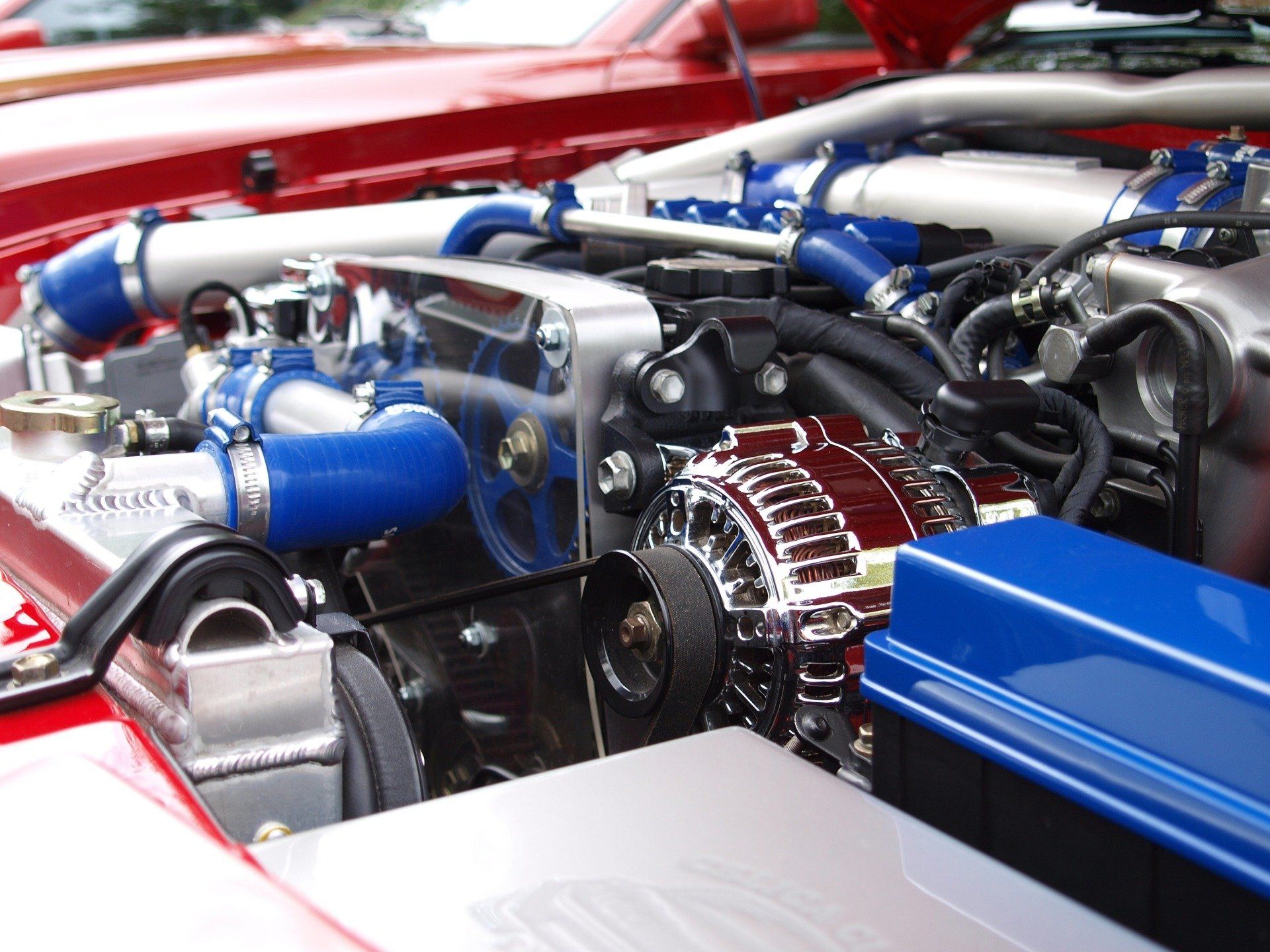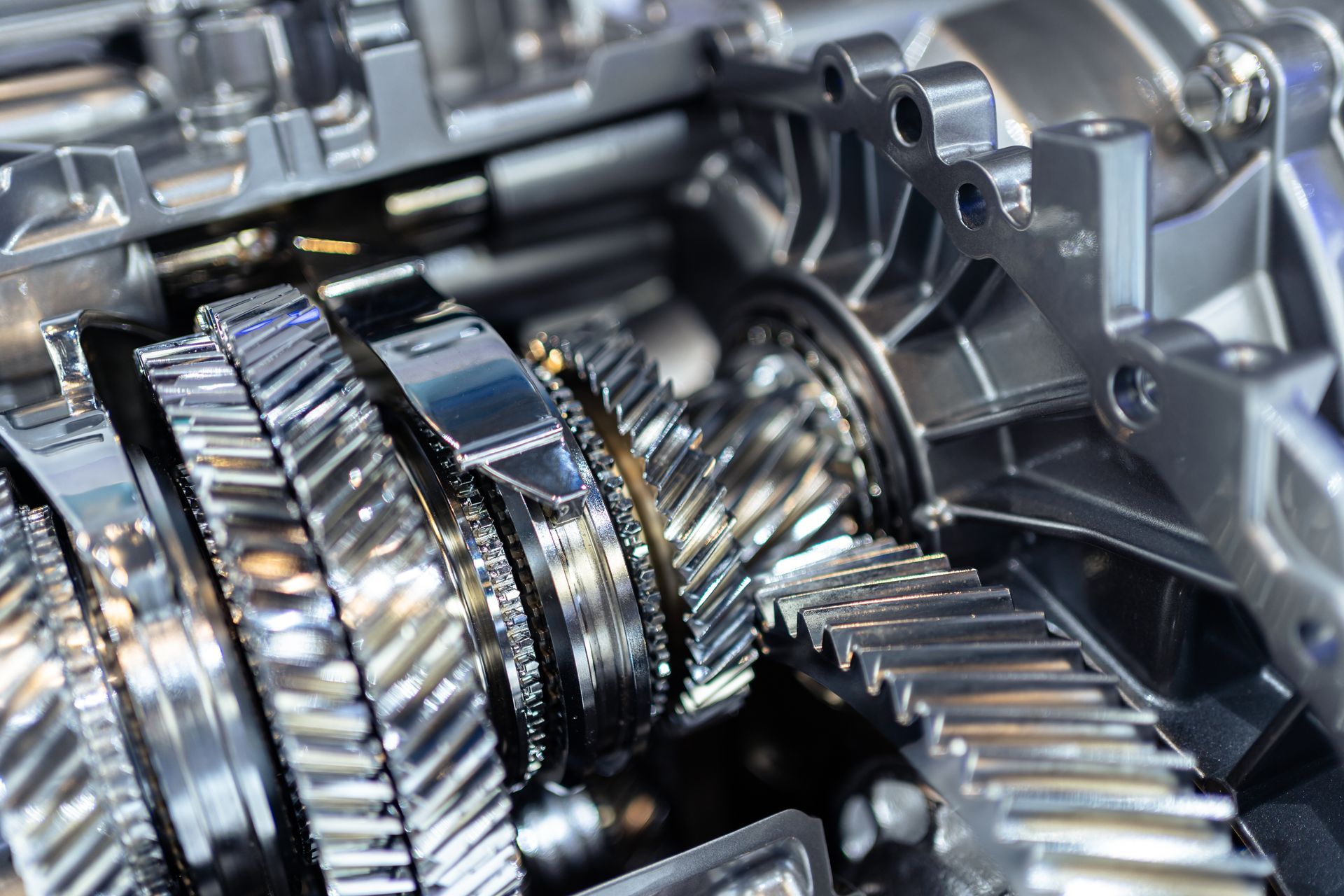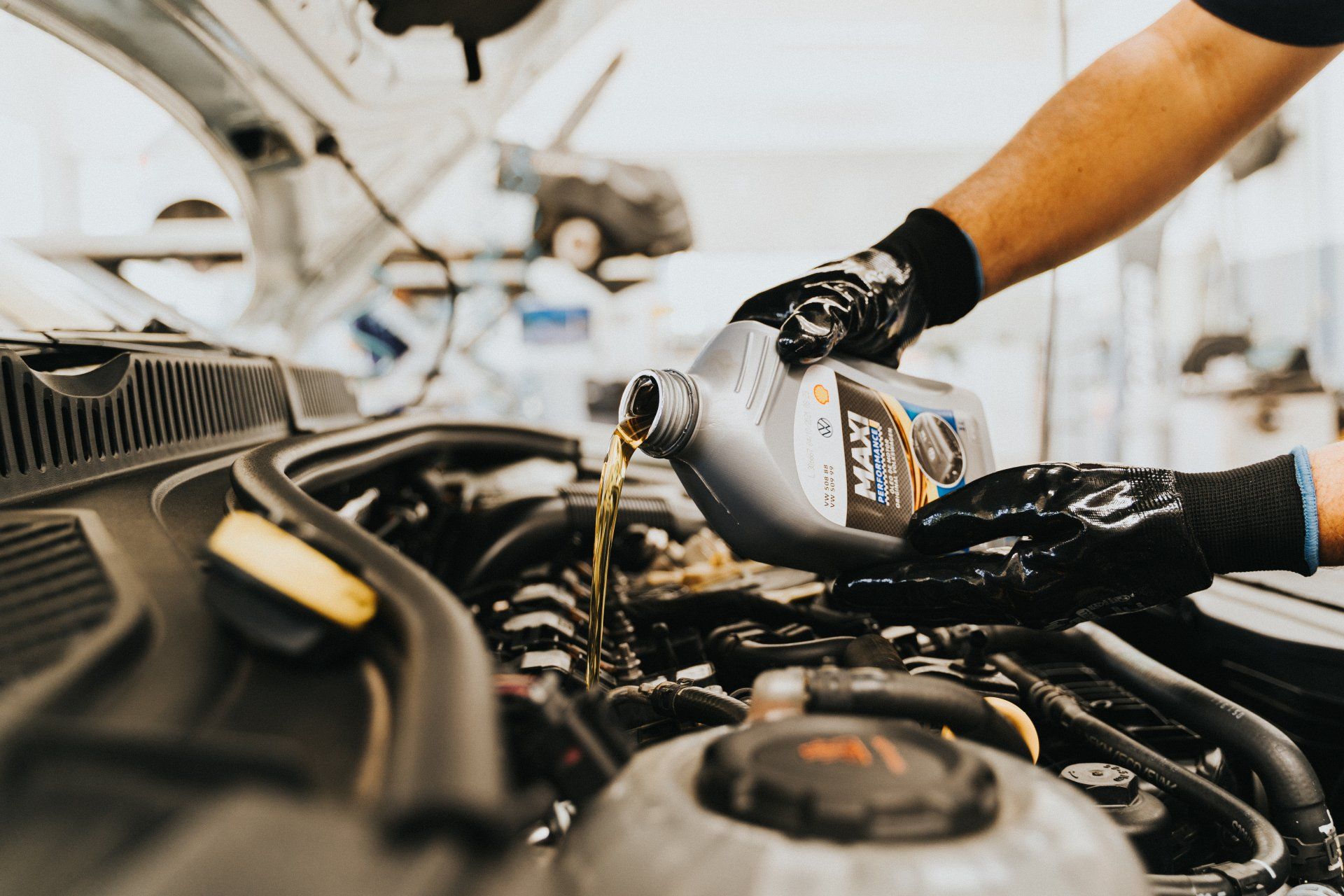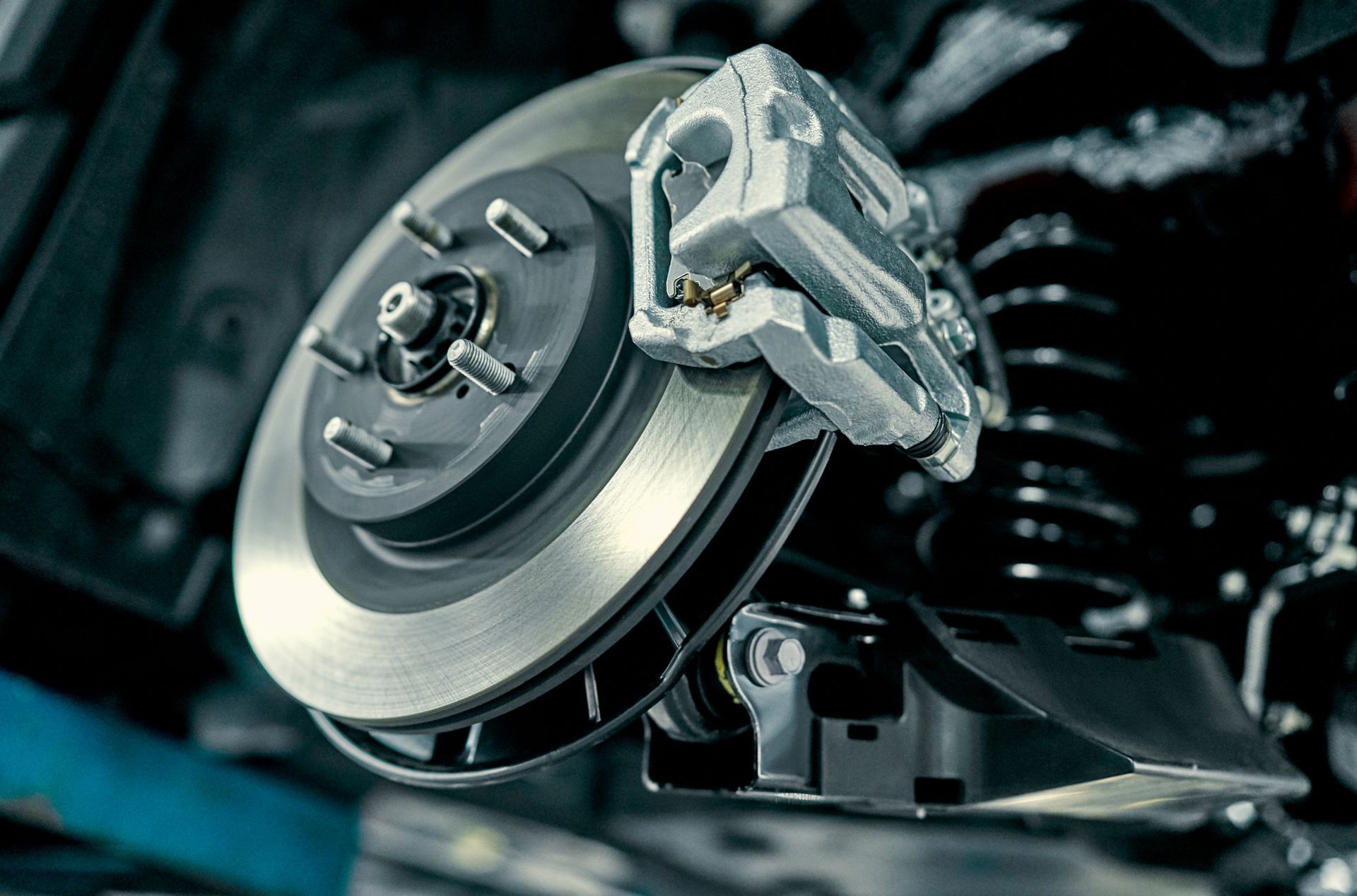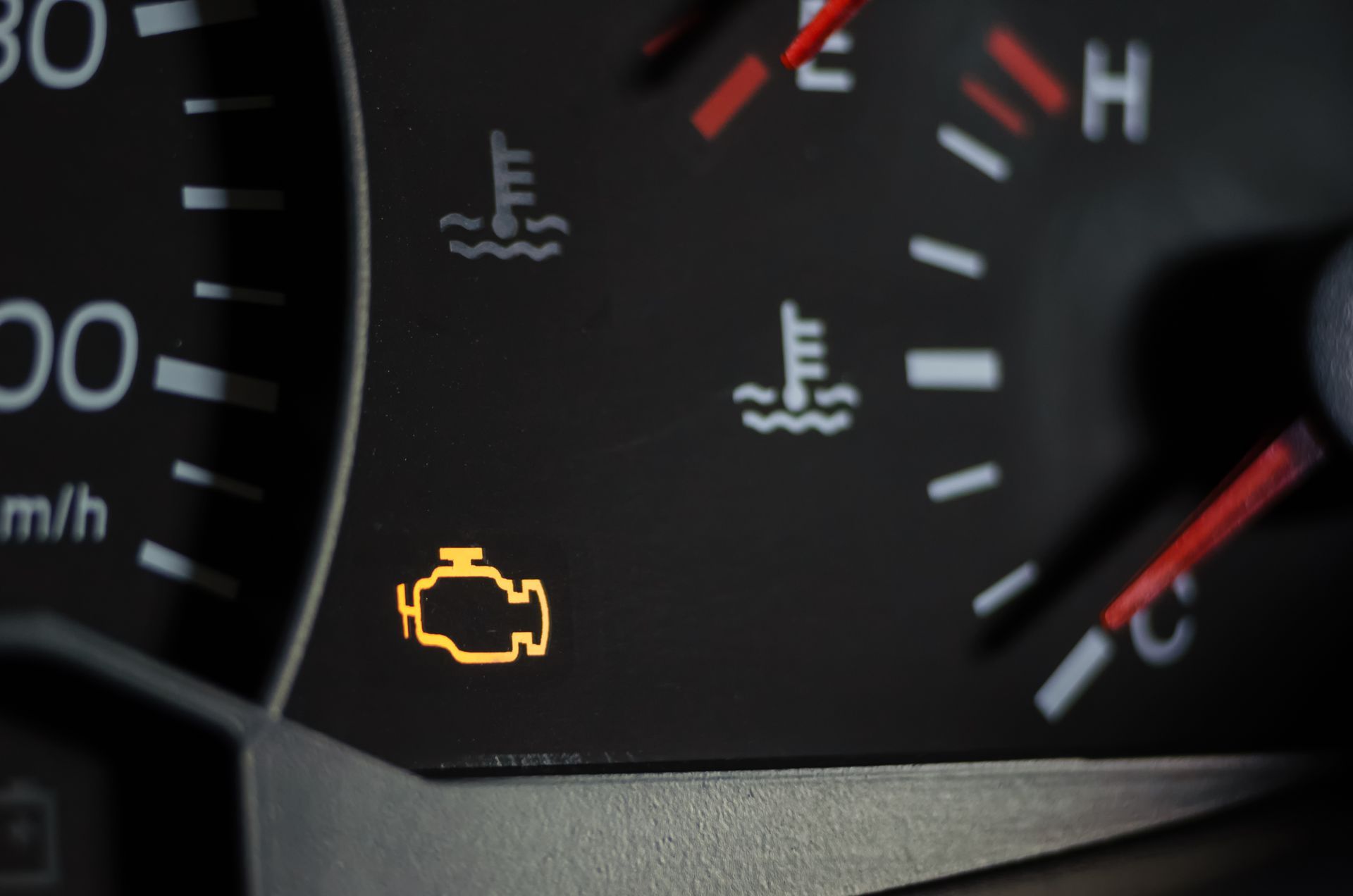In today's automotive world, understanding car diagnostics is essential for maintaining your vehicle's health and ensuring its longevity. At Brighton Auto Service in Brighton, MI, we are committed to providing you with the knowledge and tools necessary to navigate the complexities of modern car diagnostics. This comprehensive guide will explore what car diagnostics entail, how they work, and why they are crucial for keeping your vehicle running smoothly.
What is Car Diagnostics?
Car diagnostics refer to the process of using specialized software and tools to identify issues within a vehicle's various systems. These diagnostics can detect problems in the engine, transmission, exhaust system, brakes, and other critical components. Modern vehicles are equipped with onboard computers that continuously monitor these systems and store error codes when issues arise.
The Importance of Car Diagnostics
Understanding and utilizing car diagnostics offer several benefits:
- Early Problem Detection: Diagnostics help identify issues early, preventing minor problems from becoming major repairs.
- Cost Savings: Early detection can save money by addressing problems before they escalate.
- Improved Safety: Regular diagnostics ensure your vehicle is safe to drive by identifying issues that could affect performance or safety.
- Enhanced Performance: Diagnostics help maintain optimal vehicle performance by ensuring all systems function correctly.
How Car Diagnostics Work
Car diagnostics involve connecting a diagnostic tool or scanner to the vehicle's onboard diagnostic (OBD) system. This system collects data from various sensors and components, allowing technicians to read error codes and pinpoint specific issues.
Step-by-Step Process
- Connecting the Diagnostic Tool: The first step is to connect a diagnostic scanner to the OBD-II port, usually located under the dashboard.
- Reading Error Codes: Once connected, the scanner retrieves error codes stored in the vehicle's computer. Each code corresponds to a specific issue or component.
- Interpreting the Codes: Technicians interpret the codes to understand the underlying problems. They may refer to manufacturer guidelines or databases for detailed information.
- Performing Further Diagnostics: Based on the error codes, technicians may perform additional tests to confirm the diagnosis and identify the root cause.
- Repair and Maintenance: After diagnosing the issue, technicians perform the necessary repairs or maintenance to resolve the problem.
Common Diagnostic Trouble Codes (DTCs)
Diagnostic Trouble Codes (DTCs) are alphanumeric codes that indicate specific issues within the vehicle. Here are some common DTCs and their meanings:
- P0171: System Too Lean (Bank 1) – Indicates the engine is receiving too much air or not enough fuel.
- P0300: Random/Multiple Cylinder Misfire Detected – Signifies misfires in multiple cylinders, which can affect performance and fuel efficiency.
- P0420: Catalyst System Efficiency Below Threshold (Bank 1) – Suggests a problem with the catalytic converter or oxygen sensors.
- P0455: Evaporative Emission Control System Leak Detected (Large Leak) – Indicates a large leak in the EVAP system, which controls fuel vapor emissions.
The Role of Professional Diagnostics
While some diagnostic tools are available for personal use, professional diagnostics at Brighton Auto Service offer several advantages:
- Advanced Equipment: Our technicians use state-of-the-art diagnostic equipment that provides detailed and accurate information.
- Expert Interpretation: Professional technicians have the training and experience to interpret diagnostic codes correctly and identify the underlying issues.
- Comprehensive Service: We offer thorough inspections and diagnostics, ensuring all potential problems are identified and addressed.
DIY Diagnostics: What You Can Do
For those who prefer a hands-on approach, here are some basic steps you can take to perform preliminary diagnostics:
- Invest in a Quality Scanner: Purchase a reliable OBD-II scanner compatible with your vehicle.
- Understand the Basics: Learn how to connect the scanner to your vehicle and retrieve error codes. Many scanners come with user manuals or online tutorials.
- Interpret the Codes: Use online resources or the scanner’s database to interpret the error codes. This can give you a preliminary understanding of the issues.
- Consult a Professional: If you encounter complex issues or are unsure about the codes, consult with a professional technician at Brighton Auto Service for accurate diagnosis and repair.
Why Choose Brighton Auto Service?
At Brighton Auto Service in Brighton, MI, we are dedicated to providing top-quality diagnostics and automotive services. Here’s why you should trust us with your vehicle:
- Certified Technicians: Our team of certified technicians has extensive experience in diagnosing and repairing a wide range of vehicle issues.
- Cutting-Edge Technology: We use the latest diagnostic tools and technology to ensure accurate and efficient service.
- Transparent Service: We believe in transparent communication. You’ll always be informed about the diagnostics process and the necessary repairs.
- Customer-Centric Approach: Your satisfaction is our priority. We strive to provide exceptional service that meets your needs and exceeds your expectations.
Understanding car diagnostics is crucial for maintaining your vehicle’s health and performance. By recognizing the importance of diagnostics and utilizing professional services like those at Brighton Auto Service, you can ensure your vehicle runs smoothly and efficiently. Visit us today at our Brighton, MI location for all your diagnostic and automotive service needs. Experience the difference our expertise and commitment to quality can make.

